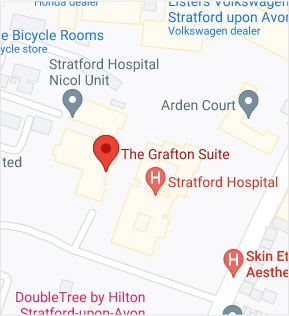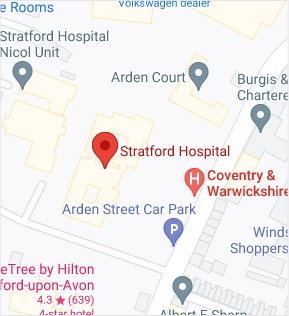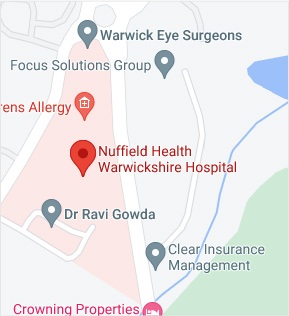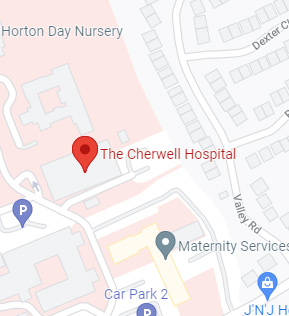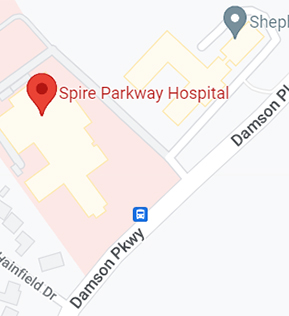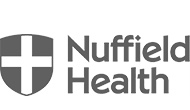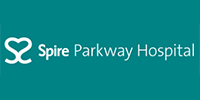What is Shoulder Trauma?
Shoulder injuries most commonly occur in athletes participating in sports such as swimming, tennis, pitching, and weightlifting. The injuries are caused due to the over usage or repetitive motion of the arms.
Symptoms of Shoulder Trauma
Shoulder injuries cause pain, stiffness, restricted movements, difficulty in performing routine activities and a popping sensation.
Common Injuries Causing Shoulder Trauma
Some of the common shoulder injuries include:
Sprains and strains: A sprain is the stretching or tearing of ligaments (tissues that connect adjacent bones in a joint). It is a common injury and usually occurs when you fall or suddenly twist your arm.
A strain is the stretching or tearing of muscle or tendon (tissues that connect muscle to bone). It is common in those participating in sports. Strains are usually caused by twisting or pulling of the tendons.
Dislocations: A shoulder dislocation is an injury that occurs when the ends of the bone are forced out of position. It is often caused by a fall or direct blow to the joint while playing contact sports.
Tendinitis: It is an inflammation of a tendon, a tissue that connects muscles to bone. It occurs because of injury or overuse.
Bursitis: It is an inflammation of the fluid-filled sac called bursa that protects and cushions your joints. Bursitis can be caused by chronic overuse, injury, arthritis, gout or infection.
Rotator cuff injury: The rotator cuff consists of tendons and muscles that hold the bones of the shoulder joint together. Rotator cuff muscles allow you to move your arm up and down. Rotator cuff injuries often cause a decreased range of motion.
Fractures: A fracture is a break in the bone that commonly occurs because of injuries, such as a fall or a direct blow to the shoulder.
Arthritis: Osteoarthritis is the most common type of shoulder arthritis, characterised by progressive wearing away of the cartilage of the joint.
Treatments for Shoulder Trauma
Early treatment is necessary to prevent serious shoulder injuries. The immediate mode of treatment recommended for shoulder injuries is rest, ice, compression and elevation (RICE). Your doctor may also prescribe anti-inflammatory medications to help reduce the swelling and pain.
Your doctor may recommend a series of exercises to strengthen shoulder muscles and regain shoulder movement.


 REQUEST AN APPOINTMENT
REQUEST AN APPOINTMENT



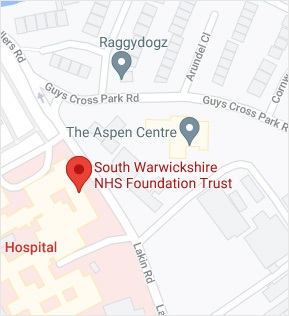
 Ext 4798
Ext 4798